Anyone paying attention right now probably has their mind on their money and their money on their mind (remember that Flo Rida song from 2009?).
Bank runs remain on the increase as more people wake to realize their money isn’t safe in the banks, despite what officials tell us.
“Sound and resilient”…. sounds a lot like “safe and effective” to me.
The larger banks are gobbling up the smaller ones as depositors exit for the safety of “too big to fail”. But what does “too big to fail” mean? Watch as Oklahoma Senator James Lankford asks Janet Yellen whether backstops (i.e.: bailouts) will apply to the depositors of smaller banks.
Spoiler alert: They won’t.
As we know, the Chairmen of the Federal Reserve only look out for certain interests - and they’re not yours or mine.
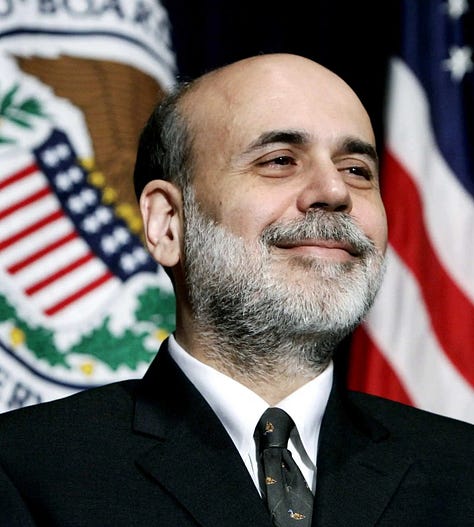
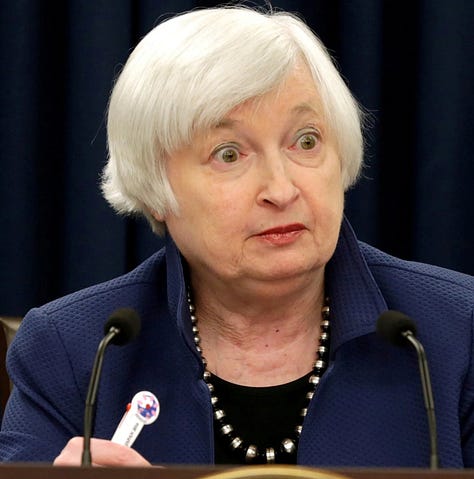
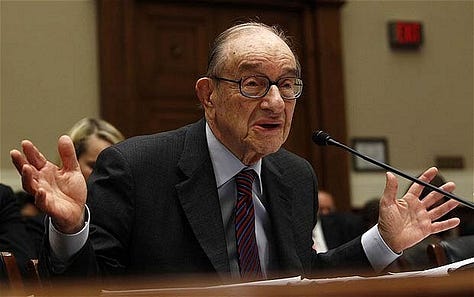
The fact is, no bank is immune to collapse. Shoddy banking practices have only one outcome and it’s been on the horizon for a long time. Go back and read my post Bank Bail-Ins to understand why bank collapses are baked into the cake.
Those that have caught on are finally pulling their cash from the banks - or trying to - which is proving more difficult than people imagined. I remember when we started pulling our cash out in 2021. We had to make an appointment a week in advance for anything over $5,000 - and that was two years ago.
Now banks are limiting or outright declining cash withdraws; some are trying to issue cashier’s checks in lieu of cash. But even Flo Rida knew the value of holding cash in hand back in 2009:
See don't leave home without it
Money gotta have, gotta have that bank
American Express, all good
But I need that cash in my hand point blank
Smell it, touch it, rub it, hug it, love it
While I’m no fan of Flo Rida, nor his advice to love money, I do recognize the value of possessing an agreed upon means of exchange. This medium, in various forms, is what we call “Money”.
Money, officially defined, is:
A medium that can be exchanged for goods and services and is used as a measure of their values on the market, including among its forms a commodity such as gold, an officially issued coin or note, or a deposit in a checking account or other readily liquefiable account.
The official currency, coins, and negotiable paper notes issued by a government.
Assets and property considered in terms of monetary value; wealth.
Cash is King
Most of us have been conditioned to stop carrying cash. Instead, we use some form of bank card or check over physical dollars. Using money transfer aps is also becoming more common, as is swiping your phone or palm to pay.
The point is, we’ve become accustomed to using our currency in a digital form. We look at our bank statements online and consider the numbers on the screen to represent real wealth.
Meanwhile, the banks and governments (in public-private partnerships) discuss how to introduce Central Bank Digital Currency (CBDC) to the masses. Because most of us have already let go of paper money, they assume the transition will be smooth. After all, the distance from what we know to be “digital currency” to CBDC isn’t far. There’s only one problem…
The CBDC they’ve planned for us is not the same as using your bank card.
The difference between digital dollars, as you currently know them, and the proposed CBDC is about control - their ability to control how, when and where you spend your money. See for yourself…
A meeting was held at the International Monetary Fund (IMF) on Oct. 19, 2020 called Cross-Border Payments—A Vision for the Future and included Jerome Powell, Chair of the US Federal Reserve, among others. Agustin Carstens, General Manager of the Bank for International Settlements, explains (24 minutes into the video) how CBDCs will be used as a mechanism of control.
Paraphrasing, he says that, currently, we don’t know who is using a $100 bill, which he considers risky. CBDCs, on the other hand, will allow the central bank to track money and have absolute control over the rules and regulations regarding how CBDCs can be used as well as the technology to enforce those rules. He goes on to say that payments will require the “consent of banks” prior to processing.
I have no doubt that plenty of people will go along with this level of control. Some even crave it. If we’ve witnessed anything these past few years, it’s people’s blind obedience and desire to be told what to do.
Some of us, however - the adults in the room - will not comply.
So when everything switches into CBDC mode (which is the desired outcome of the so-called bank collapses), what do those of us remaining on the outside do for money?
When one door shuts, another opens.
Alexander Graham Bell
Bartering
I remember, a few years ago, I was hanging a piece of art on the wall in our office when a co-worker asked me, “How do you know how to do that?”
The question took me by complete surprise as I answered, “How do you not know how to do this?”
Looking back, I could have been kinder in my answer, but the notion that I was doing something “skilled” by using a hammer caught me totally off guard. It’s a hammer! Otters use hammers, for Pete’s sake - okay, otters use rocks, but it’s the same concept.
This gradual retardation of society, in my opinion, is the result of over-specialization. Specialization is the antithesis of a society reliant on bartering.
Specialization is for insects.
Robert Heinlein
In the absence of traditional currency, you’ll need to be able to add value by providing a skill, service or product that other people want or need, and you’ll need more than one skill. You may be better at one thing than another, but you’ll need to have a toolbox full of skills.
The best time to start collecting skills was twenty years ago. The second best time is now.
Learn a Skill
When it comes to prepping, we hear a lot of “I can’t” and “I would but…” and “What’s the point in… ”. These are defeatist attitudes from people who, let’s face it, probably won’t make it in a post-nanny state environment anyway.
For those with a better attitude, even if you live in a tiny apartment and have very few resources, you can always learn and perfect a skill now to trade later. Make a list of things you can learn moving forward and follow through! Hopefully this post will spark some ideas…
Years ago, when I was single and living in a tiny apartment, I decided to teach myself to bake. Little did I know how much that skill would serve me in the future! We enjoy fresh baked bread at least once a week and I know it’s something other people would also appreciate (and trade for). Of course, you’d also need to stock lots of baking supplies to barter bread, but it’s do-able.
Canning is another skill you can practice from where you are. It doesn’t take a lot of room or supplies to preserve meats, vegetables and fruits. During the financial collapse and currency hyperinflation in Venezuela, people traded food for gasoline.
Also in Venezuela, soap and shampoo were especially hard to come by, as were feminine products. This is something we don’t usually think about, but these items become especially valuable in a barter environment. Why not learn to make them now while you’re able?
This spring, I’m learning to make milk-soap before we get our first sheep. More on that as it happens…
I’ve been spending a lot of time inside this winter (we still have at least two feet snow on the ground!). Meanwhile, I’m honing my sewing skills. Making clothes, knitting gloves, or embroidering are all barterable skills. People will always need clothes - new and repaired - and children keep growing. If money is too tight to buy new fabric, look for oversized clothes you can disassemble or even thin curtains from Goodwill to practice with as you refine your skills.
Having a sewing machine makes life easier, but sewing can be done by hand, too.
If you know basic First Aid, you’ll have something of value. Making herbal tinctures, salves, balms and ointments is another skill you can hone now. Go one step further and grow the herbs yourself.
Even growing one plant and learning everything you can about that plant on your apartment balcony might prove useful later as other people start growing gardens or transitioning to natural medicine. Knowing how to save seeds, start seeds and start plants from cuttings is valuable knowledge.
Can you cut hair? While the demand for hair extensions and fake nails will plummet like SVB stock, people will always need their hair cut. Even learning to braid is a skill that people would want for special occasions. No matter the dire state of the world, people will still fall in love. Weddings will happen. Life finds a way to celebrate.
While you might not be able to meet all of your needs bartering braiding skills, think of little things like this as tools in your toolbox of survival. Diversify. For instance, I’m pretty good at making stained glass windows, but I realize that stained glass windows are a luxury. Bartering windows is probably not a great long-term plan. However, because I have made many windows, I’m good at soldering. That skill has come in handy more than once repairing things on the farm.
Mechanical skills will always be in high demand. These kinds of skills are rare today and few are truly skilled at looking at something that’s broken, analyzing how it should work, and then repairing it - especially with improvised parts! Plumbing, electrical, welding, carpentry and general mechanical skills are always highly barterable. In addition, any associated tools necessary for these trades are barterable (screws, wrenches, pipes, welders, etc.).
Teaching
If you have any of the above skills, you already have a built-in skill you may not have considered: teaching. Teaching is a lot more difficult than doing. I discovered that when I started teaching stained glass classes many years ago. Things I had taken for granted, like how to hold a glass cutter, became complicated when I tried to explain them.
A skill can never be stolen, but it can be shared.
Don’t assume you’ll know how to explain what you know to someone else when the time comes. Try it now. Draft a manual on something you think you know well and find the holes. Knowing a thing and conveying that knowledge are two very different levels.
In a barter society, children will still need to be taught the basics of math, reading, writing, grammar, reading comprehension, art, literature and music. In fact, returning to these basics would be a refreshing change… but that’s a post/rant for another day.
On a related note, while it’s helpful to learn from YouTube videos, buy actual books about skills you need. If the power goes down, or the internet is out or just inaccessible, you can always rely on hands-on books. Thriftbooks is a wonderful resource for inexpensive books.
Animal Husbandry
Can you care for animals or breed stock? Do you already have animals that produce? Do you have eggs or milk? Can you make butter or cheese?
Having animals that produce food is an automatic barter item, as is breeding them to barter. Animal husbandry can provide both a product and a service for barter.
Obviously, you can’t own sheep in an apartment, but you may have recognized a few other ideas you could grab onto and hone to perfection.
Items of Vice
I haven’t hit on the barter-ability of alcohol, cigarettes or drugs because I just don’t think storing these things is a wise idea. Addictive substances can draw to you a dark element you’d be wise to steer clear of in desperate times. If ever the time comes when you’re bartering just to meet basic needs, wouldn’t you have enough problems without opening your door to potential ne'er-do-wells?
Just my two-cents.
Bartering is a Real Open Market Economy
Returning to the definition of money, in the context of barter, it’s something exchanged for goods and services and is used as a measure of their value. The greater your skill, the more valuable it will be to yourself and others.
Wealth will come to you in proportion to the demand of your skill.
If you spent four years earning a degree in gender studies, sorry, you’re probably going to starve.
If you have nothing to barter, that means you have zero skills. You’ve wasted a lot of time and energy building, essentially, nothing.
So what now?
Stacking Gold and Silver
Hopefully you have plenty of skills to barter and stocks of supplies. If you have these things you can already barter from a place of strength. Good trades, like good decisions, never come from desperation.
Once you have your basics covered, you might want to consider stacking metals both for barter and for wealth preservation.
No serious metals collector stores gold or silver to get rich. Precious metals are a store of value - not a get rich quick scheme. Gold and silver have proven their worth over centuries. They are limited substances mined from the earth. Their value is a representation of the real physical energy spent to obtain them.
You can’t eat gold.
I just walk away from people who say this. Don’t waste your time trying to fix stupid. It’s a fool’s errand.
Fiat currencies always fail. Always. And a world reserve currency’s lifespan is about 100 years, and we’re there. Converting fiat currency into gold or silver while you can is a way to freeze the value of your wealth in time. Later, if and when a new currency is introduced, you can convert your metals into that currency. This is how you save your wealth from disappearing. Again, it’s not about getting rich. It’s about preservation.
Meanwhile, holding your wealth in a failing currency is like holding sand and watching it slip through your fingers into nothing. That’s depreciation.
Depreciation happens when governments print too much money. It’s that simple. They call it “inflation” but it’s the same as depreciation. Essentially, your money buys less today than it did yesterday. That’s where we are.
Hyperinflation is when your money buys less this minute than it did a minute ago. It’s inflation on overdrive. That’s where we’re headed.
Gold and silver are your backstop. They’re your bail out. If you value all the time, energy and skills you’ve spent building your wealth, preserve it!
Gold backed IRAs
Some people chose to transfer their standard IRA into a Gold-Backed IRA, but the paper gold market can be as easily manipulated as the dollar. Are you sure their paper gold represents the amount of real gold they claim they have? I’m no financial advisor, but I know history. Hell, we’re living it.
If you don’t hold it, you don’t own it.
The gold and silver market prices are manipulated just as the currency market is. The difference: precious metals have a finite quantity which is eventually revealed through supply and demand.
High demand + limited supply = real value.
Historically, the metals market finds its real value when fiat currencies find theirs, meaning as people lose faith in the Ponzi scheme that is fiat currency they seek real wealth they can hold. As “faith in the dollar” continues to collapse, the demand for gold and silver will rise, thus the price will also rise.
Understanding Physical Gold and Silver
Buying gold and silver is enshrouded in mystery but it need not be. Find a reputable dealer by asking people you trust who have used them. For heaven’s sake, don’t go to pawn shops or E-Bay!
I don’t benefit from promoting them, but Monument Metals has been good for us. There are many others. Do your homework.
Metals come in various denominations, which is great for trading. Gold is $1980 an ounce as I write this and Silver is $23.26 an ounce. Metals are also sold in smaller denominations, like 1/10 oz. and 1/25 oz.
The “spot” is price of the actual metal. There’s a fee you pay above and beyond the spot price for the physical product. For instance, an ounce of gold is $1980 but the price you pay to have it is $2088 right now (depending on the quantity and form of gold you buy). Smaller denominations have a higher fee, but they’re easier to barter.
The fee will increase as the demand increases. The fee is about $100 per gold ounce right now and that will go up or down with demand.
Don’t neglect to look for “sale” items when you’re shopping. Some mints are less expensive than others and the prices fluctuate with the supplier’s stock.
Also, the physical form of metal you buy matters. If you’re buying for trade, melt-value is most important, meaning how much actual gold or silver is in the coin. Collectors buy for specific mints, designs, historical value… but if you’re buying for barter, you’re probably not concerned about these factors. Focus on weight and purity.
Recognition may be a factor, too, depending on who you’re bartering with. Some coins, like the Canadian Maple Leaf or South African Krugerrand, are more recognizable than others, although they’re all stamped with their mint, purity, denomination, and weight.
Of course, if you’re trying to trade a gold coin with some idiot who doesn’t value gold, you’re out of luck. Watch Mark Dice as he tries bartering his ounce of gold on the streets of LA and has no takers…not even for a half eaten ice cream or a $2 water bottle.
These people aren’t going to make it. I’m guessing they won’t have anything worth trading for anyway.
Currently, silver is undervalued. It’s an element commonly used in the tech-industry and demand is increasing. The quantitative value of silver to gold is actually about 8:1 (meaning the value based on supply), whereas the actual price reflects an 82:1 ratio to gold. So, silver’s value is overdue for a positive reality check.
Most people can afford to buy at least some silver. If you’re looking for an even more economical way to invest, you might try searching estate sales or Goodwill for silver. Most “silver” now is just plated (worthless) but you might find some real precious metals hiding under a veil of tarnish if you look. They’ll be stamped .925 or .950 which represents the silver content.
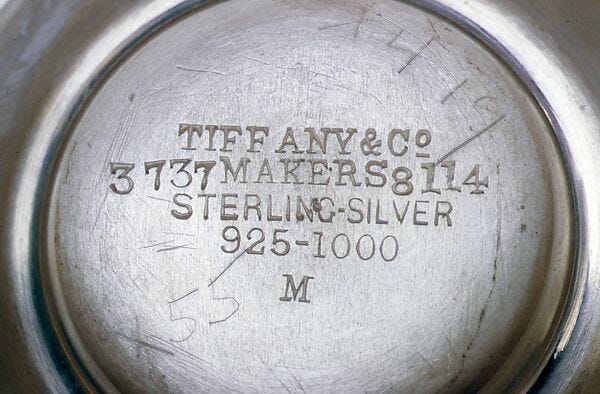
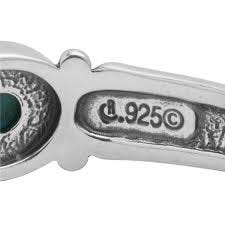
Another metal you can use for investment and barter purposes is always lead. It’s tried, tested and proven. Get it while you can.
Crypto Currency
A brief word about crypto: A currency based on ideas is how we got into the pickle we’re in. To me, it seems like another version of Amway… a pyramid scheme that you need other people to also believe in order to maintain value. What happens when people stop believing the fairytale? Well, you end up where we are now.
I also would never invest in something that could be affected by a tweet from Elon Musk. Anything that shaky is suspect.
I realize my description of crypto lacks nuance. It’s oversimplified. But there’s a beauty in simplicity, as in Truth. If something is overly complicated (like our banking system) it’s probably based on a lie.
If you’ve ever heard a teenager spin a tale, you know. They rattle on faster and faster and nothing makes sense. Your head starts to spin - the questions mount up - and if you ask them anything, they get defensive. Yes, BS has a familiar stench no matter who’s weaving it.
If it’s confusing, there’s a reason.
When people get confused, they get quiet. No one wants to be the dummy in the back of the room asking stupid questions. Conmen rely on this aspect of human nature to get away with their cons. They know that we don’t want to appear unsophisticated, so we’ll go along.
How long are you willing to go along before you raise your hand?
I’m willing to say it right now: The emperor has no clothes! The tide has gone out and we see the bankers, swimming naked in our wealth. It’s a disgusting sight.
I have no idea whether that’s really Klaus, but it wouldn’t surprise me. The hubris of these monsters knows no bounds.
These “global leaders” promote a society that steers us away from the physical world - the real world - into a simulation of nature, a mimicry of God’s creation - a lie. Only in this false reality can they rule as gods - unquestionable and absolute - over everyone.
You’ll own nothing and you’ll be happy.
The more of your own power, wealth and control you relinquish to these “leaders”, the less autonomy you will have - the fewer choices you will be able to make in your own life. Maybe you’ll even move into a 15-minute city for the sake of convenience - or to save the planet - not knowing you’ll be expected to ask permission to go beyond the city’s bounds. And you’ll only receive permission if your social credit score is high enough.
You’ll learn to ask permission to buy meat or a pizza… eventually, you’ll need to beg permission to reproduce.
Permission denied.
The good news? Your participation is required for their plan to succeed.
The control they desire cannot happen without digital currency. It cannot happen without CBDCs. It cannot happen without your compliance.
DO NOT COMPLY.
I realize I’m a tiny canary singing out in a vast, dark coal mine. I realize I’m Cassandra and that most people can’t hear or see these things - yet.
These are the folks who can’t eat gold.
I’m not talking to those people. I’m talking to you and everyone else who sees what’s happening. I’m encouraging you to do something - even one thing - that’s going to increase your ability to barter in the future. I’m encouraging you to invest in yourself.
Let me know below, what are you learning now to better your tomorrow?
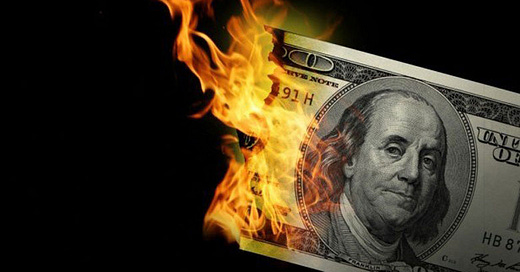


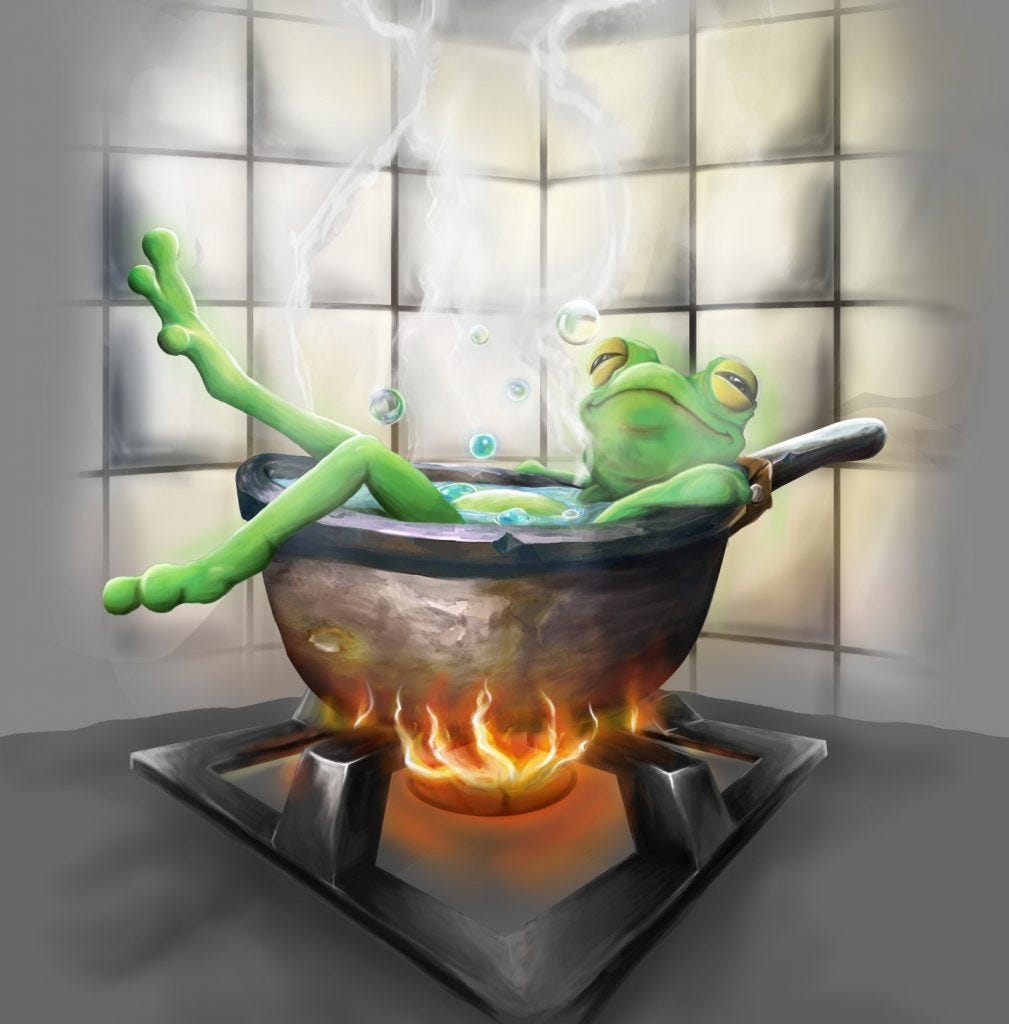
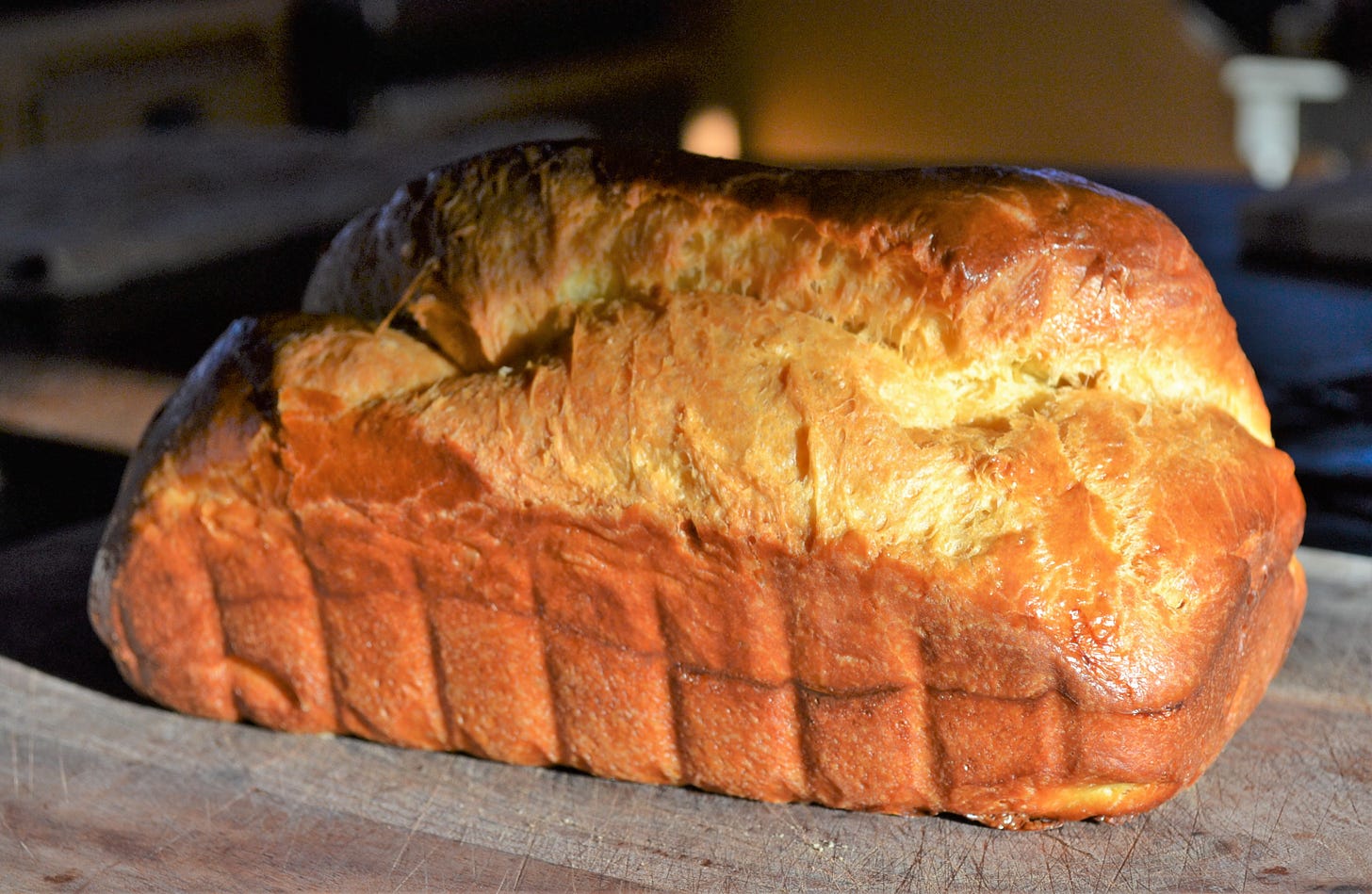
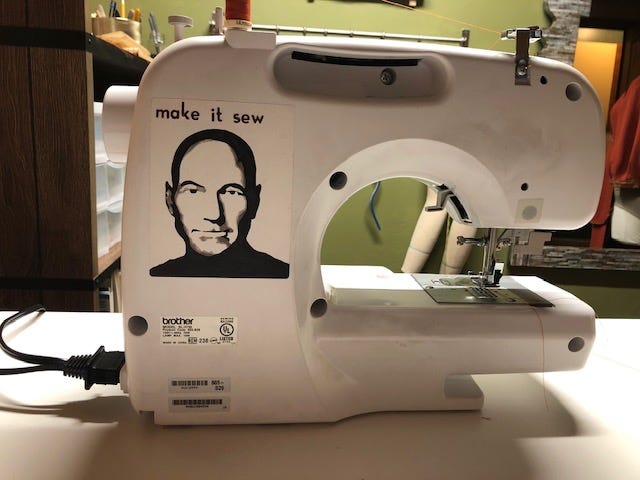
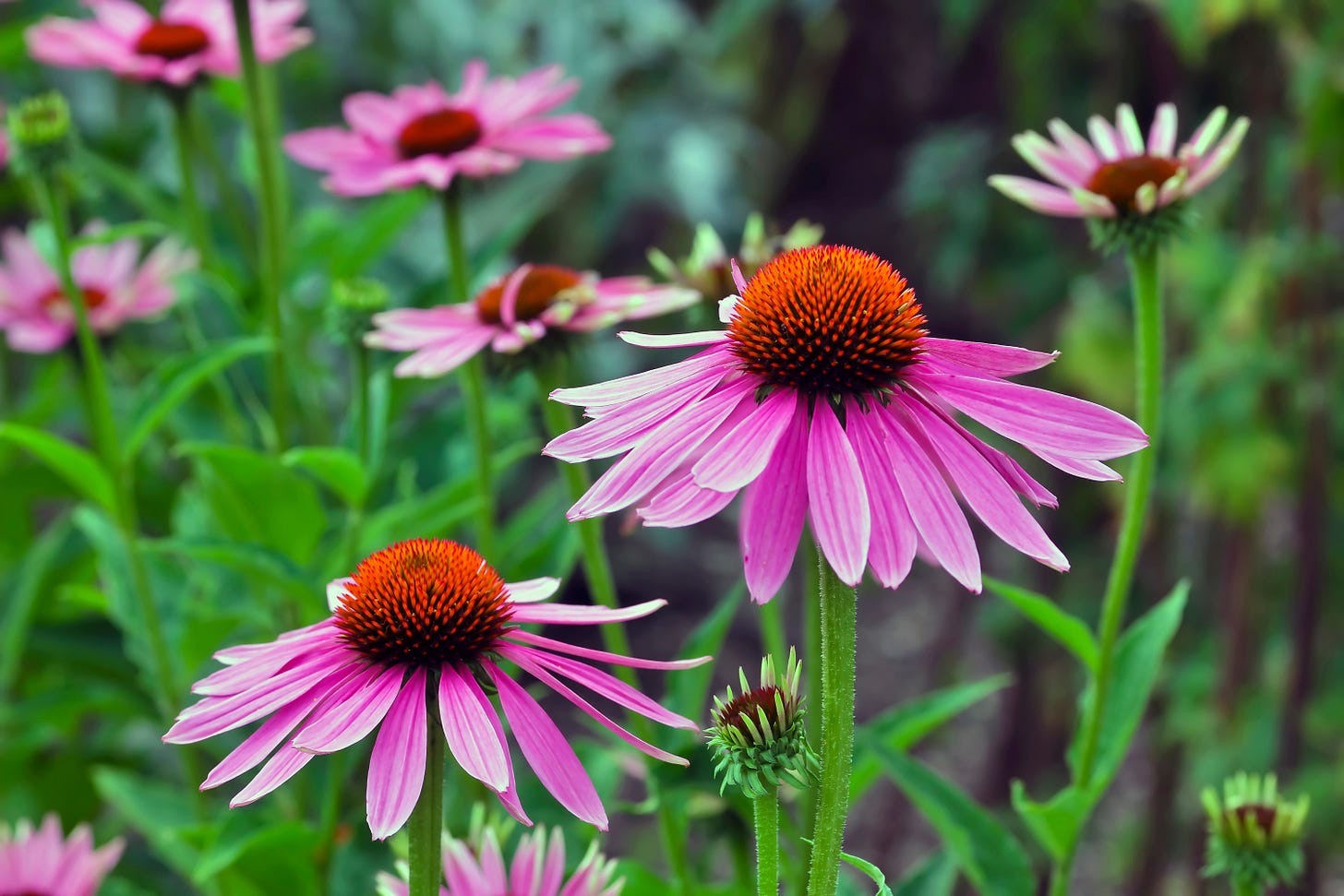
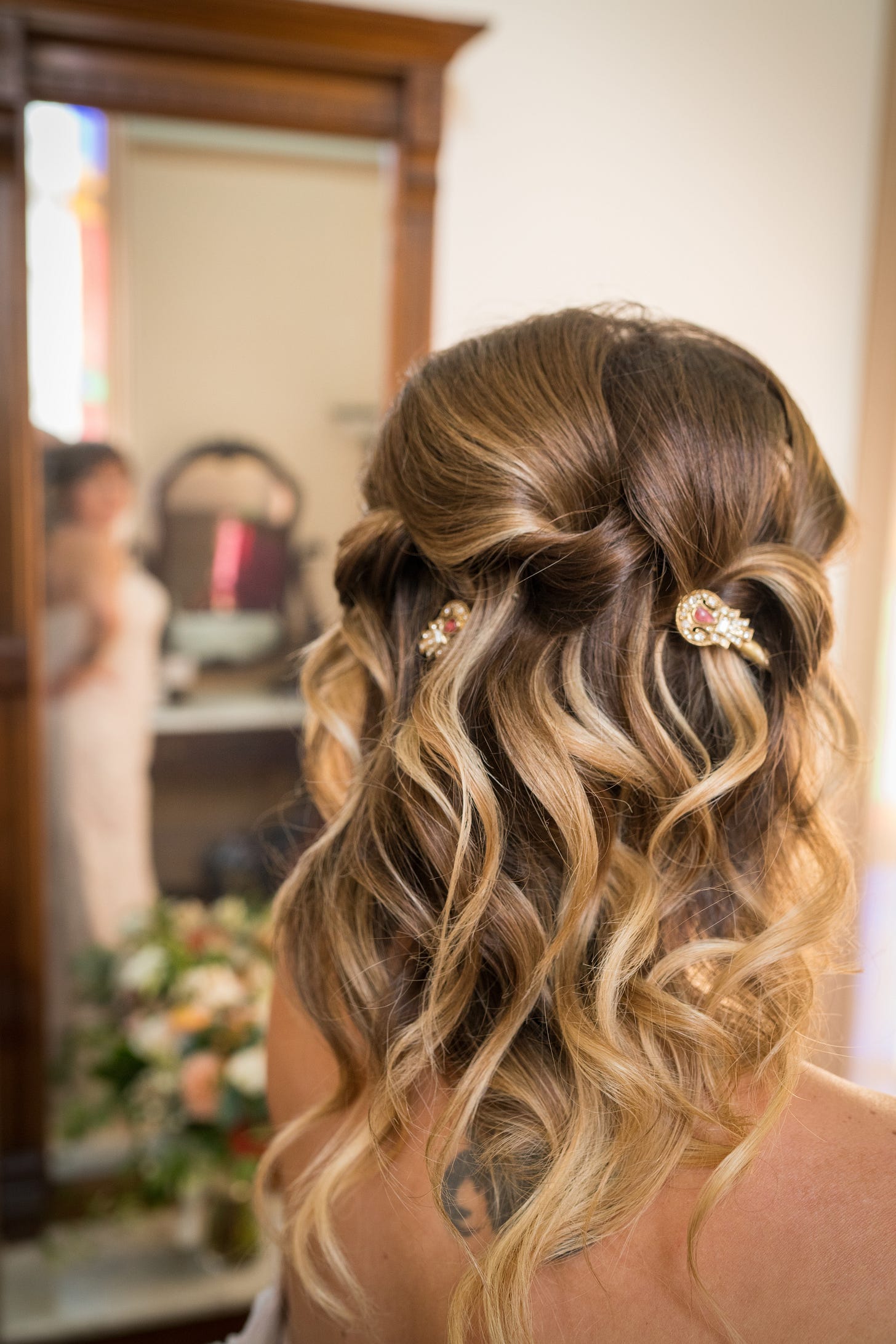
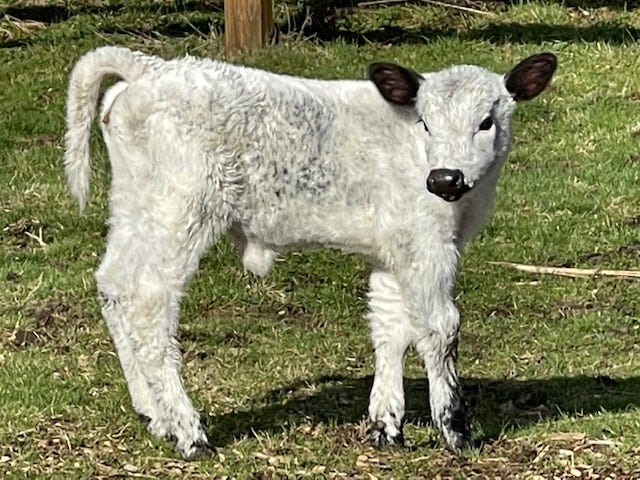
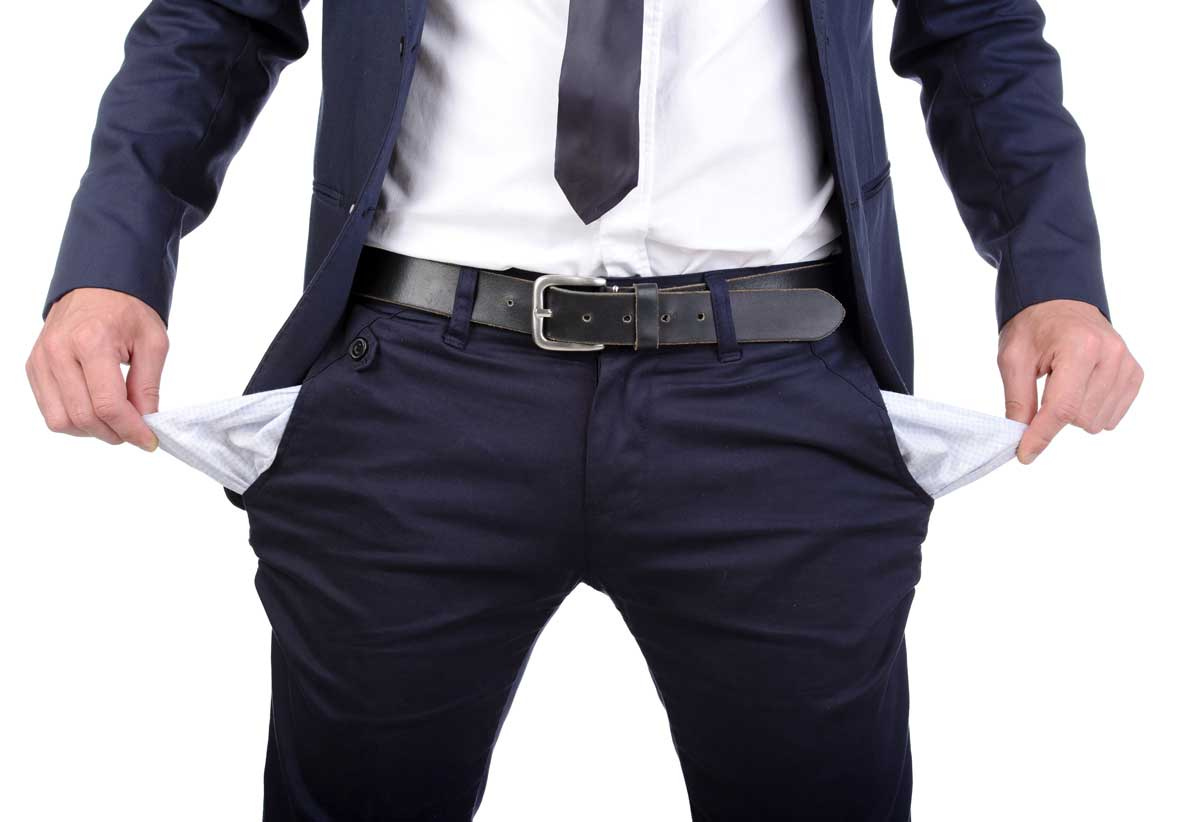
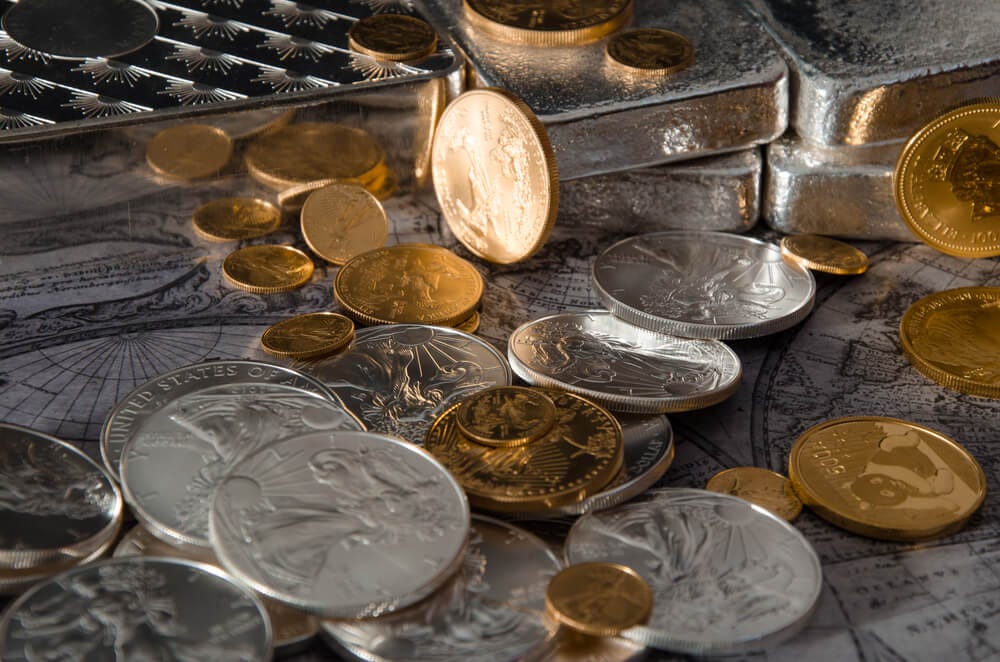
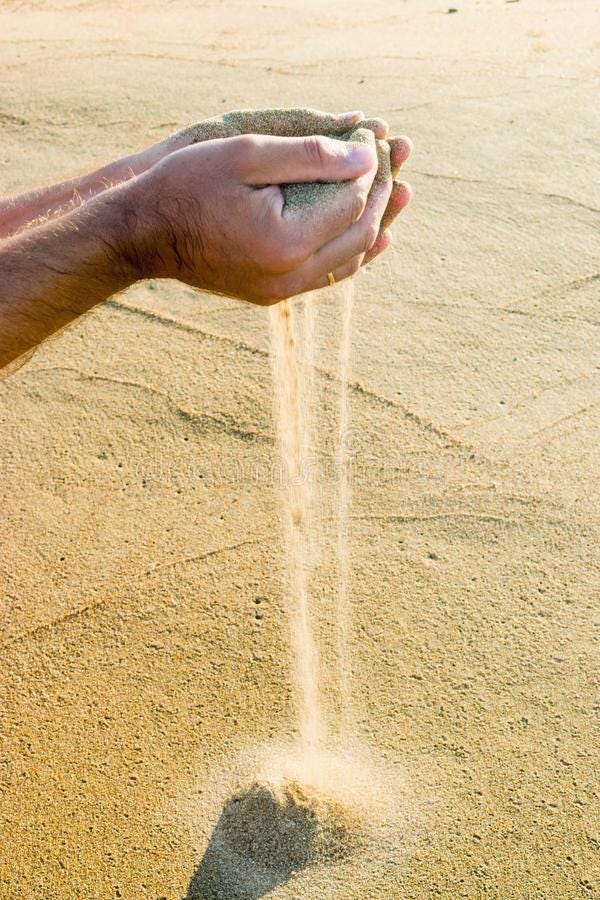
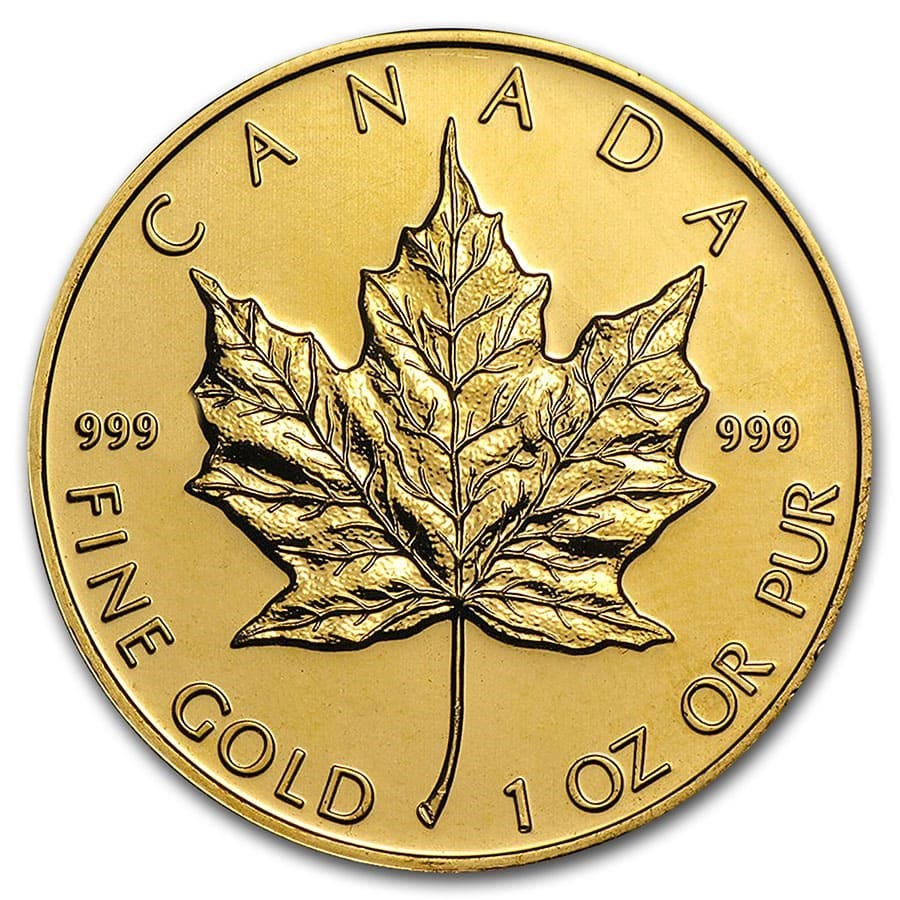


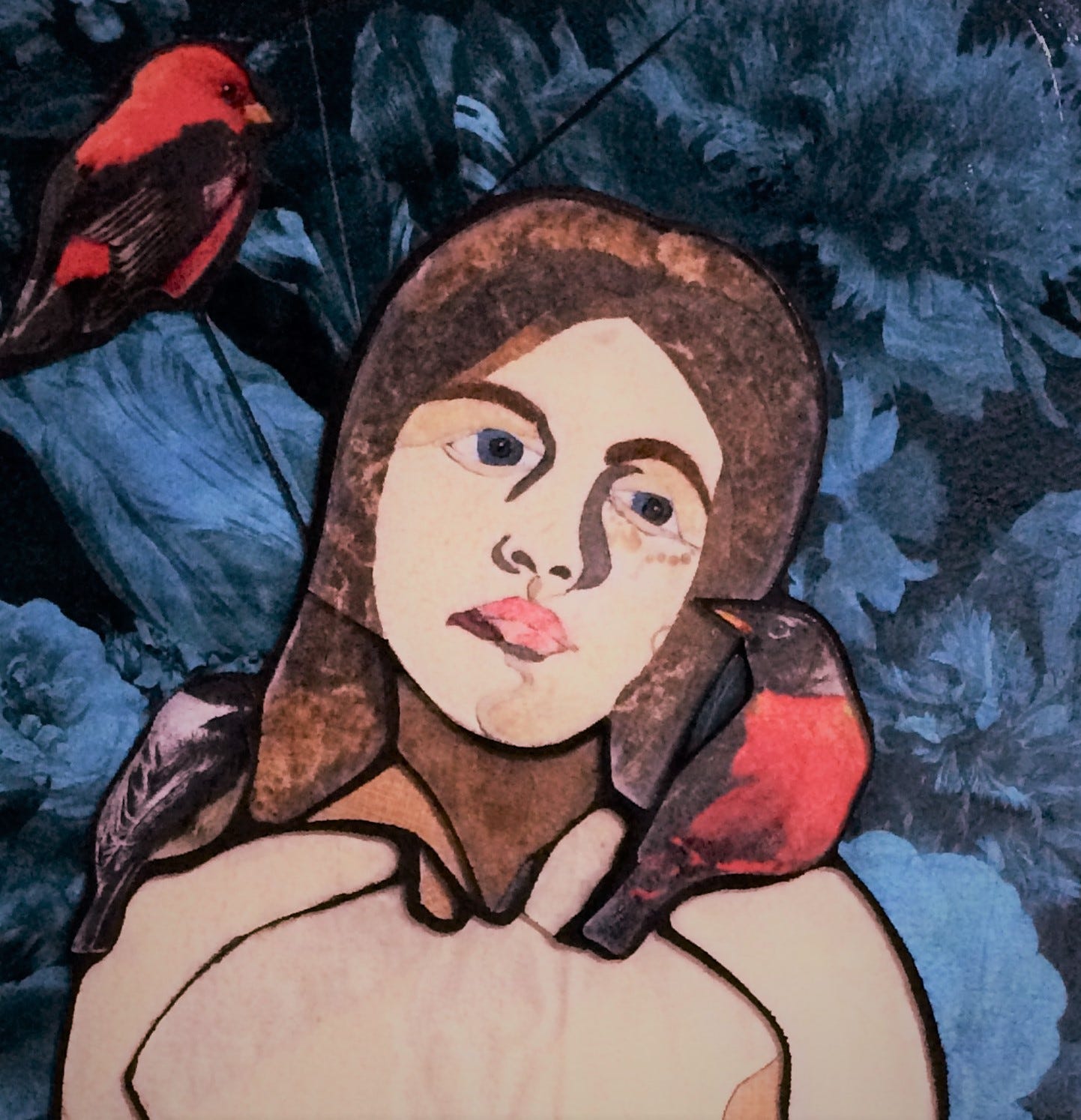
You summed up our thoughts and feelings so well. We look daily for more ways to detach ourselves from the machine that is set on consuming all of us. My partner and I both have barterable skills and such, but each day we look for more ways to become even more self-sufficient. During my childhood we were considered "poor", but I gotta tell ya if poor means knowing how to take care of ones' self without the help of "the man" I'm overjoyed at being raised "poor".
Thanks for the wonderful, thought-provoking article. In the past few years, I have been expanding on my survival skill set. Baking bread, growing food, preserving food and cooking from scratch. It takes so much more time, effort and energy to live this way, but the way I think of it is that I know what's in my food, I am not paying someone else for the labor and most importantly, I know how to do it. Now that I have more skills, my neighbor and I trade vegetables, she'll bring me seeds and I'll get them started for both of us. It's nice to have a skill to cultivate a relationship of reciprocity :)